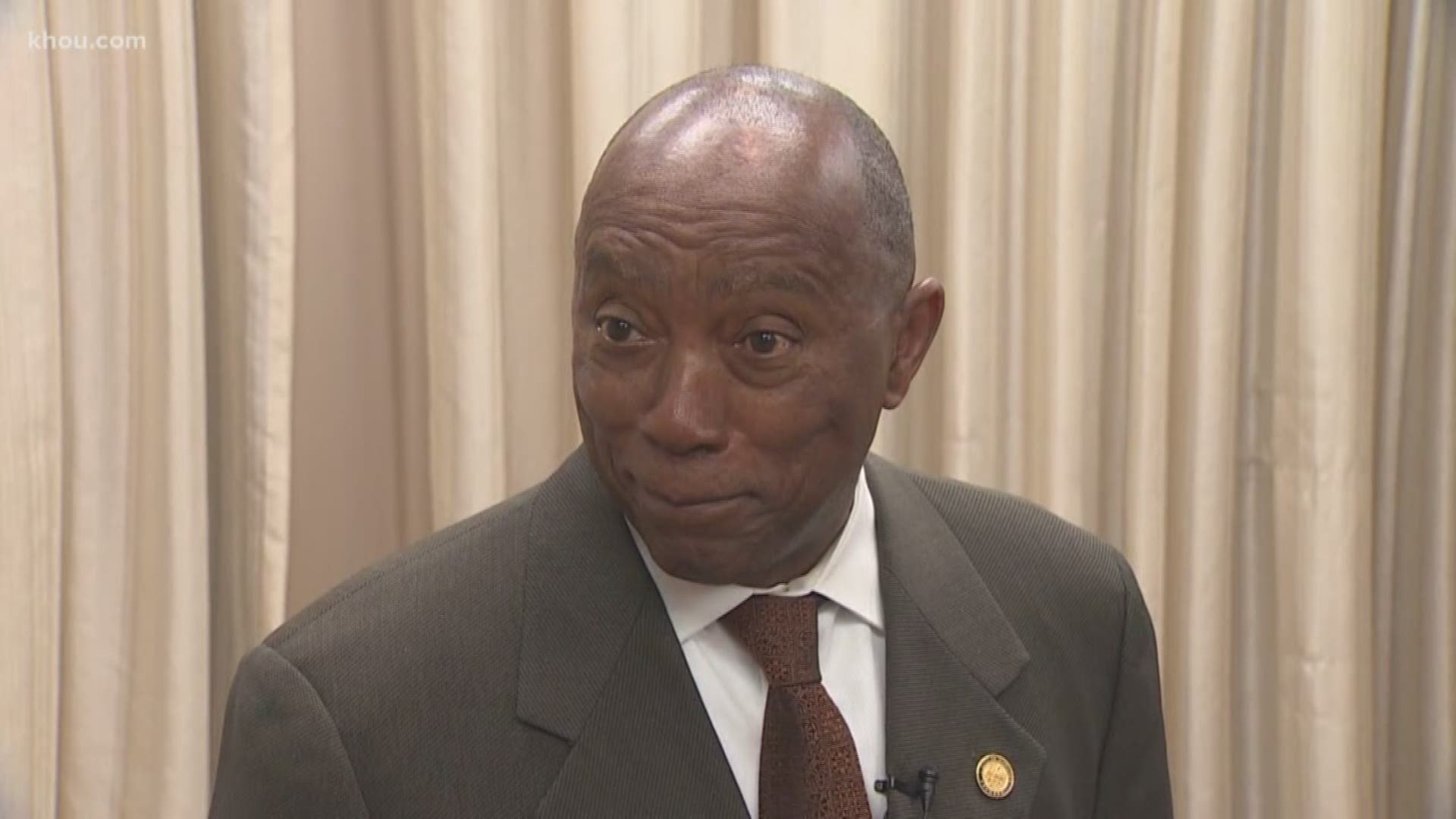AUSTIN, Texas — United States Sen. Ted Cruz announced that he is self-quarantining after he learned that he came in contact with a person who tested positive for COVID-19.
In the statement he released on Sunday, Cruz said the interaction happened 10 days ago and he hasn't experienced any symptoms.
He said he held a brief conversation with the individual and they also shook hands.
“I’m not experiencing any symptoms, and I feel fine and healthy. Given that the interaction was 10 days ago, that the average incubation period is 5-6 days, that the interaction was for less than a minute, and that I have no current symptoms, the medical authorities have advised me that the odds of transmission from the other individual to me were extremely low," Cruz said in the statement.
Cruz said he consulted with several medical authorities and "physicians further advised that testing is not effective before symptoms manifest, and my brief interaction with the individual does not meet the CDC criteria for self-quarantine."
Cruz said even though the threat is low since he interacts with his constituents so often, he decided to remain at his home until 14 days have passed since the interaction. He said the people who have interacted with him in the last 10 days "should not be concerned about potential transmission."
He said he made the decision "to give everyone peace of mind."
Houston Mayor Sylvester Turner came in contact with Cruz at the firefighters' memorial on Saturday. They sat next to each other. Turner said they shook hands.
"I use my sanitizers," Turner said. "And I have a whole lot of them. I've had a conversation with Dr. Persse and others and they don't see any risks at all there."
Help prevent the spread of coronavirus with the same simple steps used to protect against colds and flu:
- Wash your hands often with soap and water for at least 20 seconds. If soap and water are not available, use an alcohol-based hand sanitizer.
- Avoid touching your eyes, nose and mouth with unwashed hands.
- Avoid close contact with people who are sick.
- Stay home when you are sick. Keeping a sick child at home prevents the spread of illness in the school and community and allows your child an opportunity to rest and recover.
- Cover your mouth and nose when you cough or sneeze.
- Clean and disinfect frequently touched objects and surfaces.

